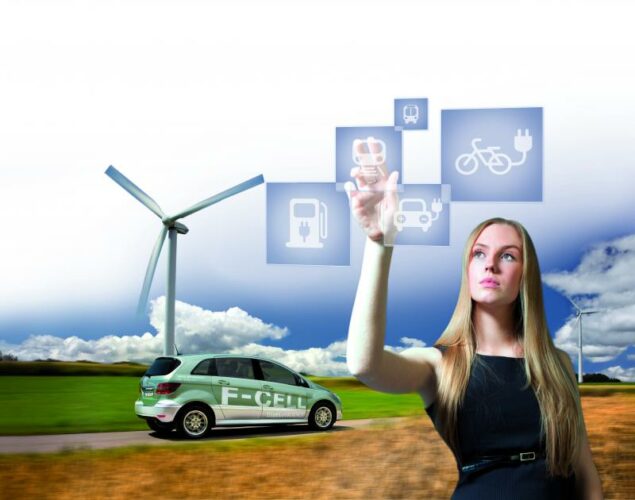Germany has a solid history of making cars, now car making is changing Germany must change to keep up. Ruth Williams finds out what one state is doing to protect its auto industry and generate a new battery business at the same time.
The electrification of vehicles is heralding major changes for the entire car industry. There is speculation about where these electric vehicles will be produced and who will lead the market and technology. The German state of Baden-Württemberg has been world renowned for its production of automobiles for decades and intends to continue . . .
to continue reading this article...
Sign up to any Premium subscription to continue reading
To read this article, and get access to all the Premium content on bestmag.co.uk, sign up for a Premium subscription.
view subscription optionsAlready Subscribed? Log In












